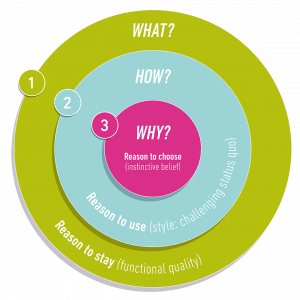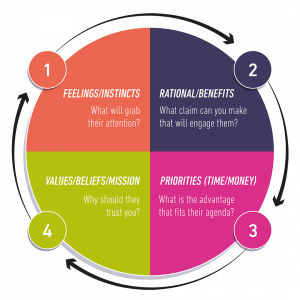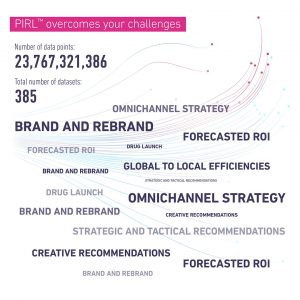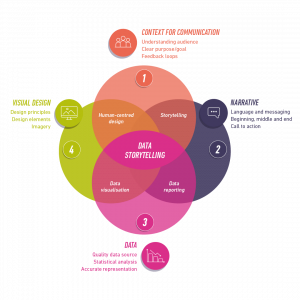How to win the market access challenge? Make people care.
Like almost everything else in recent years, market access just got tougher. Since late 2019, the world has faced some extraordinary challenges, and the economic and societal fallout of the global pandemic continues to wreak havoc. Growing financial pressures are universally felt.
Navigating an era of uncertainty
We are in a new era of uncertainty, where the expenditure of every pound is scrutinised and the long-term value, or return on investment, is viewed with a protective cynicism: people are now acutely aware that no future is guaranteed. For modern healthcare, this represents a setback in mindset; long-term healthcare benefits are often accompanied with a larger upfront cost and progress is dependent on people believing in the long-term difference that novel therapies can make.
The demand for more
If you are involved in market access or medical affairs, you will understand this pressure all-to-well already. You will have felt the demand for ‘more evidence’ and ‘more certainty’ from guideline and formulary decision makers – compounding the challenges of a competitive landscape where so many other companies shout about their treatments with ‘undeniable’ data and ‘unmet need’ statistics. Failure to adapt to this evolving landscape means you risk falling behind on your forecasted sales targets or, at worst, you risk market access failure.
In human terms, market access delays are just one of numerous social and economic barriers that maintain the gap between a person’s current health and their healthiest possible self. At Page & Page our mission is to close this gap, which we do through compelling communication – critical to driving lasting behaviour change.
Our top tips for ensuring successful market access efforts
1. Communicate your ‘why’

It is the perception of your brand ‘values’ that make or break your launch and marketing success. Brand values communicate your ‘why’ to the audience – they externalise what you stand for. Your brand values also provide credibility to your messages; they help others believe in what you are saying.In short, values help ensure you win share of mind, and today there are more minds than ever involved in the market access decision-making process. In today’s landscape, communicating your ‘bigger’ picture cannot be neglected.
2. See the world through the eyes of your stakeholders
Patient centricity continues its decade long ascendance. HCPs have ever more say in procurement and prescription decision-making, which is almost always done by committee – no longer the sole domain of the budget holders and a handful of senior physicians. There are more individual behaviours and values to understand, address and develop than ever before.

Once you identify the stakeholders who influence decisions, you will need to see the world through their eyes to truly win their share-of-mind. Go beyond patient-centricity to address organisational, payer and clinician-centricity. While, of course, considering nuanced differences between customer personas and geographies.
3. Base your strategic and tactical approach on objective data
It used to be that our strategic decision making was built around qualitative and quantitative market research, subject matter experts and our own experience – all of which still have value. However, today, AI and other digital tools enable us to collate much more objective data on which to build our market access strategy. To win in this competitive marketplace, you need to be utilising such tools to gain a competitive advantage. PIRL™, for example, is a digital discovery tool that uses over 25 billion data points to connect multiple variables (including stakeholder involvement, hospital penetration, guideline inclusion and formulary decisions) with commercial sales.

4. Craft compelling storytelling
In the world of medical affairs and market access, the idea of compelling storytelling could make you feel uneasy; it is your job to be objective, after all. But in the words of Richard Thaler in his famous book ‘Nudge’ – the idea that you can communicate without introducing bias is the illusion. If you believe in what you are saying, then you have a moral obligation to positively influence people, and to do that you need to tell your story, communicating your objective facts in a compelling way – this requires insight and imagination. 
Together, we can close the gap in healthcare
Historically, value and efficacy have been the doyennes of successful market access, and they remain integral – but they are no longer enough. You will be facing competition from many others who have equally interesting numbers and statistics, while being up against the current economic climate, where focus is pulled back towards short-term cost, instead of long-term value.
To influence the market, people need to care about your message. This is what Page & Page specialise in – compelling communication that closes the gap in healthcare.
By Sophie Rutherford, Page & Page and Partners